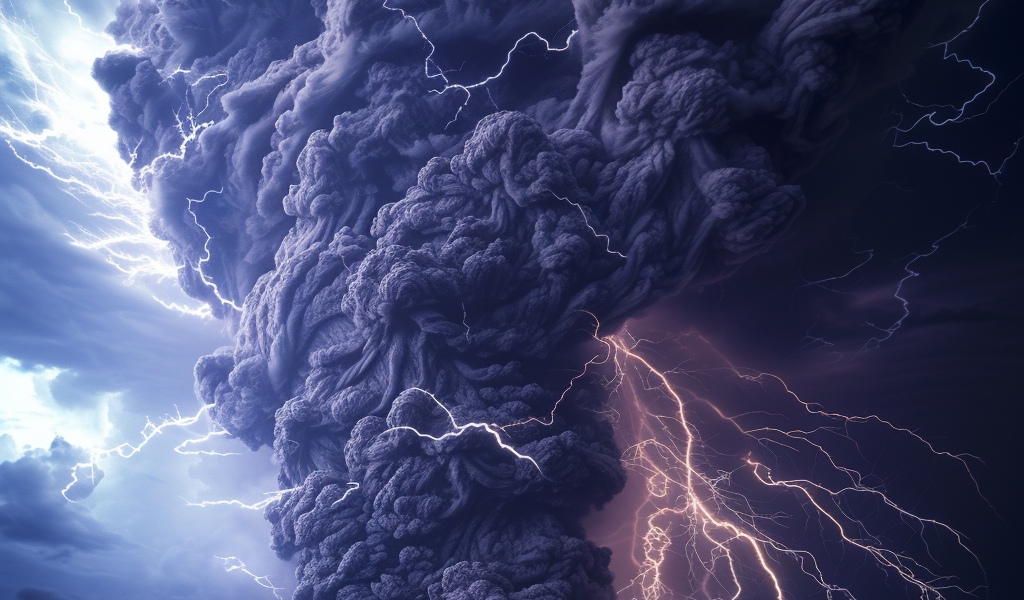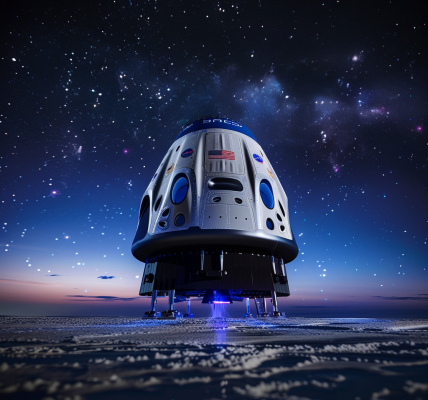An international team of geologists, Earth scientists, and mineralogists has made a groundbreaking discovery suggesting that volcanic lightning may have played a vital role in kickstarting life on Earth. Their study, published in the Proceedings of the National Academy of Sciences, presents compelling evidence that ancient volcanic eruptions could have fixed substantial amounts of atmospheric nitrogen, laying the foundation for the emergence of life on our planet.
Previous research has established that the emergence of life required the fixation of nitrogen, a crucial component of amino acids, during Earth’s early history. While the modern atmosphere contains abundant nitrogen, it is not directly usable by plants. Bacteria play a pivotal role in converting atmospheric nitrogen into nitrates or other nitrogen compounds, which are then utilized by other life forms.
The study delves into the intriguing question of how bacteria and subsequent life forms came into existence. The researchers unearthed evidence suggesting that nitrogen in the atmosphere might have been fixed by volcanic lightning interacting with ash, providing a potential mechanism for the creation of amino acids.
Prior research has demonstrated that lightning, whether stemming from thunderstorms or volcanic eruptions, can catalyze the formation of nitrates under specific conditions. However, the limited production of nitrates from thunderstorm lightning has ruled it out as a significant source for the nitrates that contributed to the origin of life.
To investigate whether volcanic lightning could have played a pivotal role, the research team conducted fieldwork in Turkey, Italy, and Peru, known for their ancient volcanic deposits. Analysis of samples from these sites revealed substantial amounts of nitrates, indicating that they were of atmospheric origin and not directly emitted by the volcano, thus pointing to lightning as the probable source.
This groundbreaking discovery sheds new light on the potential role of volcanic lightning in the creation of nitrates essential for the emergence of life on Earth. The findings open up new avenues for understanding the early processes that paved the way for life as we know it today.





